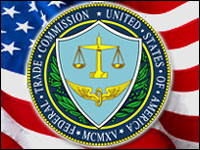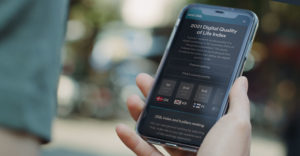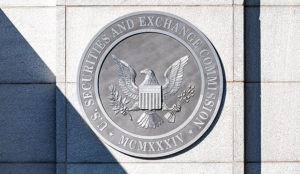
The Federal Trade Commission on Tuesday filed a complaint in a California federal court against AT&T, seeking compensation for customers who were told they had unlimited data plans but in reality did not.
The legal action stemmed from a practice AT&T began in 2011 of throttling data delivery to customers with unlimited data plans when their data usage reached a specified amount during a billing period. At times, data speeds were choked when users had consumed as little as 2 gigabytes of data, the FTC complaint states.
The throttling program has been severe, often resulting in speed reductions of 80-90 percent for affected users. Since the program’s inception, AT&T has throttled at least 3.5 million unique customers a total of more than 25 million times, according to the FTC.
“We’re trying to get them to stop promising unlimited data without accurately describing it to their customers,” Matthew Gold, the FTC attorney who filed the complaint, told the E-Commerce Times.
That’s not all the FTC is trying to do with its legal action.
“We are also seeking substantial monetary relief against the company, which would be in the form of redress to consumers who have been throttled,” Gold explained.
Plenty of Notice
AT&T has been open with its customers about the limits on its unlimited data plans, the company insisted.
“We have been completely transparent with customers since the very beginning,” AT&T Senior Executive Vice President and General Counsel Wayne Watts told the E-Commerce Times.
“We informed all unlimited data plan customers via bill notices and a national press release that resulted in nearly 2,000 news stories, well before the program was implemented,” he said.
“In addition, this program has affected only about 3 percent of our customers, and before any customer is affected, they are also notified by text message,” Watts maintained.
“We don’t agree that they disclosed it adequately to their customers. This program dates back to a time when customers were renewing contracts to acquire new cellphones,” said the FTC’s Gold. “That was the time when AT&T should have disclosed it to consumers. They could have done so very easily. They chose not to do so.”
Mushy Terminology
One customer who denied that he received adequate warning about AT&T’s throttling practices is Bob Egan, CEO and founder of the Sepharim Group.
“I got so frustrated with my unlimited plan that I wound up moving to one of the other plans. I moved off unlimited because it was costing me too much money, and it was frustrating,” he told the E-Commerce Times.
“This lawsuit could result in a kind of truth-of-lending law in the telcom area,” Egan remarked. “We have had very stern laws about interest rates in the banking sector for a long time, but regulators haven’t put any weight behind truth and disclosure by telco companies.”
Much of the confusion about mobile plans can be traced to slippery terminology.
“There isn’t even an industry insider who can reliably say that a particular term means a particular thing and is delivered in a particular way, because it’s so inconsistent across all of the operators,” Egan said.
“It’s kind of like a ‘Who’s On First’ scenario. I think the FTC is saying, ‘Enough is enough,’ and if you say ‘unlimited,’ it needs to be ‘unlimited,'” he suggested. “I think the telco industry is ripe for the trade commission to take this on and straighten this out on behalf of consumers.”
Fine Print
Inconsistent terminology isn’t the only practice by wireless carriers that’s confusing consumers. The agreements themselves can be hard to understand.
“What this boils down to,” ventured independent mobility analyst Michael Morgan, “is how clear are these operators being in presenting these plans to consumers? I spend about 100 hours each quarter going through all the fine print in all the new plans just to know all the details in them. Most consumers are not going to do that.”
While the FTC action could have good consequences for consumers, it could have other impacts, as well.
“Hopefully, this isn’t about heavily penalizing one player when we’ve seen one version of this from all players,” Morgan told the E-Commerce Times.
Since throttling has been going on for some time, the FTC appears to be getting into the game late on consumers’ behalfs.
“The FTC is three, four years behind the ball on this,” Morgan observed, “but they’re getting to it — even if the result may just be an extra sub-bullet on a marketing message: Speed throttled.”






























































































Put Federal Compliance Rules in fine print at 3 pt and call it the "Company Friendly" plan. Within the print, charge companies 10 billion dollars every time they knowingly mislead consumers like how AT&T, Verizon and many others are doing. Then, when these companies try to sue, simply state "we were very clear from the beginning." (read the fine print). Problem solved.